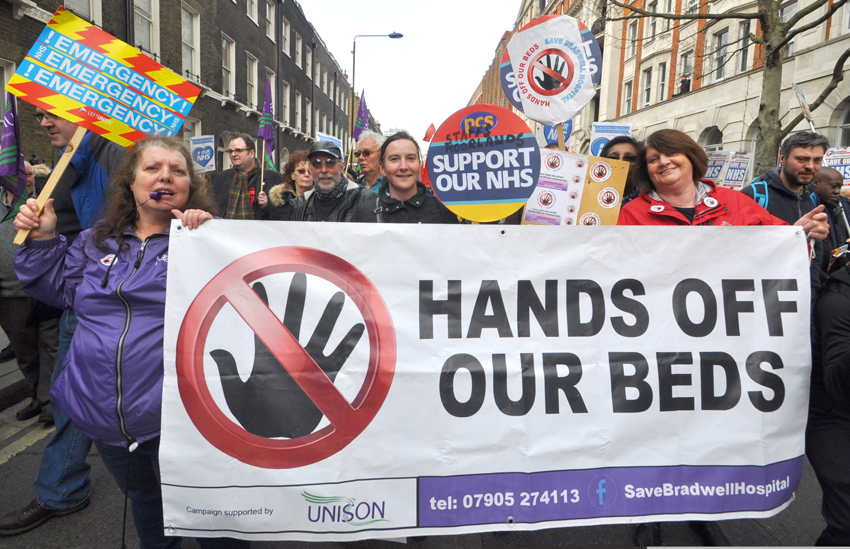
UNDER plans unveiled by the government, NHS care in England will be significantly shifted out of hospitals and into newly proposed ‘neighbourhood health centres’.
Prime Minister Keir Starmer said the NHS must ‘reform or die’, promising services such as scans, mental health checks and post-operative care closer to home.
The centres, set to open 12 hours a day, six days a week, are presented as the solution to overwhelmed hospitals and long waiting lists.
Health secretary Wes Streeting said the plan will ‘stop patients going from pillar to post to get treated’, arguing the NHS must ‘change dramatically to ensure its own future’ or face becoming ‘unsustainable’.
But despite claims of a £29bn funding increase, critics from across the health sector have questioned whether the strategy amounts to anything more than an ambition without foundation.
Dr Tom Dolphin, council chair at the British Medical Association, said: ‘The limited workforce, who are already feeling undervalued, must not be moved around like pieces on a chess board or made to work even harder.’
The Royal College of Nursing warned that relocating services from hospitals would be ‘impossible without policies to boost the depleted and undervalued nursing workforce’.
Sarah Woolnough, chief executive of the King’s Fund, said that while the vision of care closer to home was welcome, it was not new.
‘The radical change would be delivering the vision. History has shown us that you can’t simply co-locate different health professionals in a building and expect a neighbourhood health service to flourish.’
Even the Department of Health and Social Care has admitted that the extended opening hours for the centres will only be achieved ‘eventually’.
There remains no clarity on when or where the centres will be built, how they will be staffed, or what services will be prioritised.
While officials point to neighbourhood health services already operating in some areas, many communities are still served by practices ‘in dire need of renovation’, with newly qualified GPs struggling to find posts.
Former health minister Steve Brine questioned whether the government had the means or commitment to make it work: ‘Whether this plan, and the funding the health secretary has been able to secure for it, is enough for people to feel the difference remains an open question.’
As hospitals remain under sustained pressure and 7.39 million people wait for planned care in England, Liberal Democrat leader Ed Davey said the entire 10-year NHS strategy would be a ‘castle built on sand’ unless the government tackled the ‘crisis in social care’.